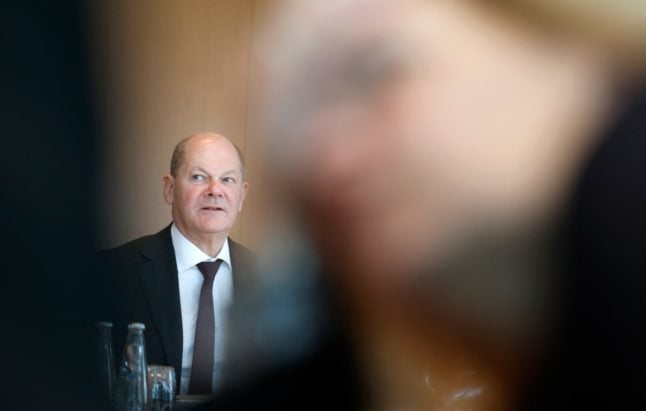Public support has been diminishing for the Social Democrats as it becomes more entrenched in controversy centred on a possible SPD partnership with the hard-line socialist Left Party. The poll, conducted by German association for social research Forsa, showed that SPD popularity sank one percentage point from last week, resulting in the lowest party approval rating Forsa has ever measured for the party.
Angela Merkel’s conservative Christian Democrats (CDU) suffered a loss of one point, though the party still remains 15 percentage points ahead of the SPD with support of 37 percent.
The pro-business Free Democrats (FDP) improved by one percent to reach a total of 11 percent. Meanwhile the Left Party rose to 14 percent, and the Greens stayed at 11 percent.
SPD party leader Kurt Beck was unable to stop further loss of his popularity, despite his reappearance after two weeks out sick. Only 12 percent of those polled said they would directly elect him as chancellor – one percentage point lower than last week, the poll reported. Only 35 percent of the SPD supporters polled said they would vote for him.
Some 58 percent of poll participants said they would reelect current Chancellor Merkel, including 22 percent of those who support the SPD.


 Please whitelist us to continue reading.
Please whitelist us to continue reading.